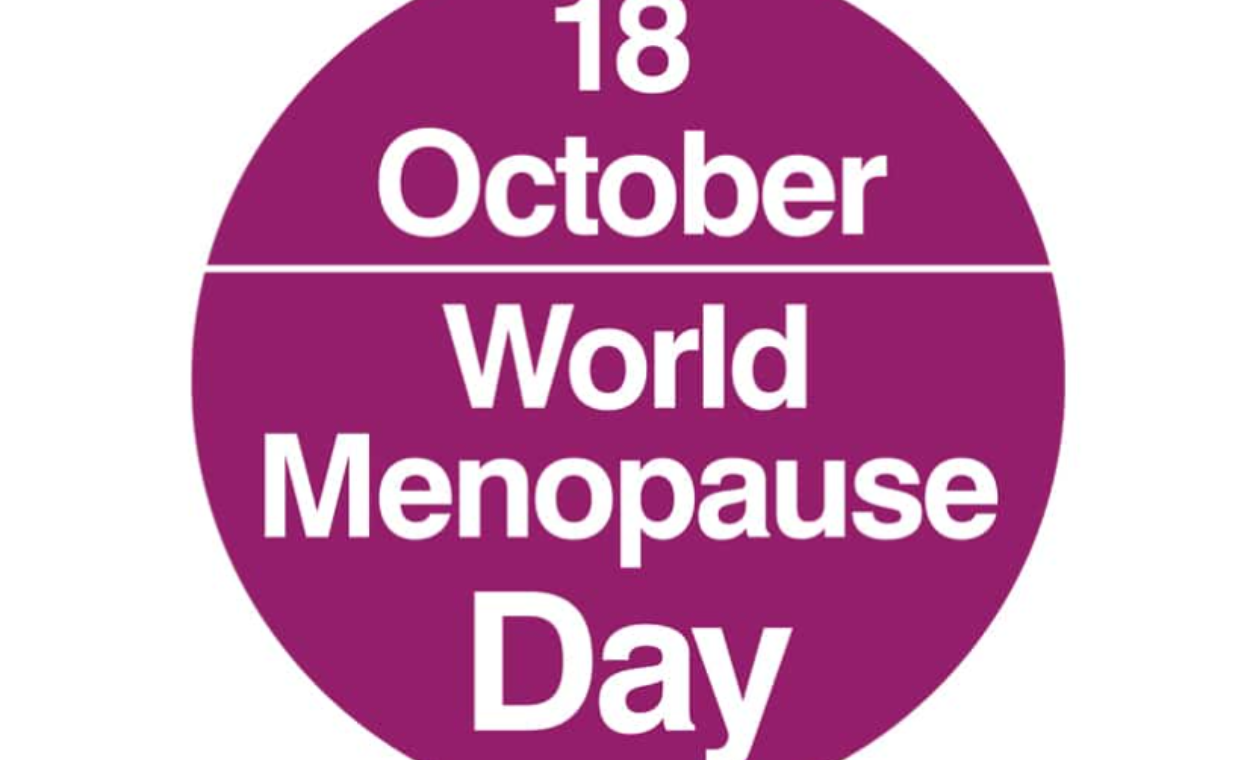According to the CIPD, 59% of working women between the ages of 45 and 55 who are experiencing menopause symptoms say it has a negative impact on them at work. 30% of the women surveyed said they’d taken sick leave because of their symptoms but only a quarter of them was honest with their manager about the reason for their absence.
If you don’t want to be one of these statistics, honesty is the best policy. iNews.co.uk and The Menopause Charity both claim that transparency is the essential starting point for gaining understanding and support in the workplace. We have summed up the key advice from both sources as follows:
– First of all, you have to recognise that you’re going through menopause, identify what your symptoms are and how they impact you and find some personal solutions. Those solutions could take the form of HRT or a change in your lifestyle.
– Next, look at how these symptoms impact your ability to carry out your work. How are your tasks harder? Is it more difficult to remember things or to learn new processes when you’ve got brain fog?
– Get some support. If your employer doesn’t already have a menopause policy in place, suggest that this is rectified as a matter of priority.
– Brainstorm potential solutions with someone you can trust at work. If you don’t feel comfortable having the conversation with your manager, talk to your company’s health and wellbeing champion or HR. Possible solutions include flexible working, a later start time to help with troubled sleep, moving your desk near a window or away from a radiator, keeping windows open near your desk or installing a fan nearby, and using electronic diaries and to-do lists to help with memory issues.
– Once you’re clear on what practical solutions will work best for you, agree to them in writing so that they’re easy to refer to the next time your symptoms flare up.
– Build a support network. Consider opening up to your colleagues. There may be other people in your team who are experiencing the same symptoms and understand what you are going through.
Many celebrities and public figures – including Gwyneth Paltrow, Davina McCall and Michelle Obama – have done much to raise awareness of the issues. But the stigma surrounding menopause endures. The good news is that women going through the transition do not have to suffer in silence. By following the above advice, you can improve your own personal situation and help to pave the way for a brighter, more supportive future for other women. Happy World Menopause Day on October 18th!
We hope you found this article useful. Please let us know if we’ve overlooked anything. And if what’s preying on your mind is your next career move, please get in touch. With over 30 years of experience in the field and longstanding relationships with over 400 companies worldwide, we will find your next dream job and help you to nail the interview. Please give us a call at +44 (0)20 7092 3911 or email us at info@ablrecruitment.com to talk through the options.









